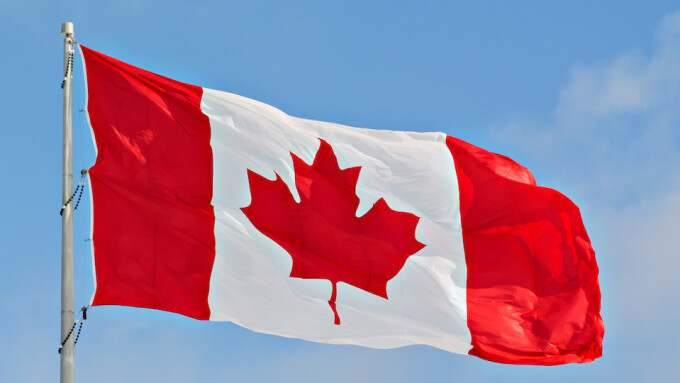OTTAWA, Ontario — Canadian newspaper The Globe and Mail, citing an anonymous source, published details this week of expected age verification regulations in the upcoming online safety bill under consideration by Prime Minister Justin Trudeau’s government.
According to the article by Globe reporter Marie Woolf, the forthcoming legislation, due to be introduced later this year, “is expected to impose a duty of care on platforms to protect children from harm.” In the case of adult websites, the law would legally require them to verify that any user viewing explicit content is over the age of 18.
The age verification measures, Woolf notes, aim “to protect children from sexually explicit material.”
An online safety bill was first proposed by the Trudeau government in July 2021. A year ago, the governing Liberal Party’s Minister of Canadian Heritage, Pablo Rodriguez, appointed an “expert advisory group on online safety” made up of academics and members of NGOs focused on social justice and child protection issues. The panel was tasked with studying the issue of what the government defines as “harmful content online” and advising on the upcoming bill.
Lianna McDonald, executive director of one of the panel’s NGO members, the Canadian Centre for Child Protection, told the Globe this week that she believes there is a “generation of boys and girls whose understanding of sexual relationships is being shaped by unfettered access to violent and misogynistic violent adult content.”
McDonald also argued for an equivalence between pre-internet regulations for brick-and-mortar retailers and what she calls “digital spaces,” arguing for applying “the same set of values and restrictions” to both. “Age verification is desperately needed, particularly on user-generated platforms if we hope to reverse the damage occurring online to children,” she stressed.
Canada’s Leading Anti-Porn Senator Weighs In
Commenting on the proposal, Canada’s ranking anti-porn politician, unelected political appointee Sen. Julie Miville-Dechêne (Independent, Quebec/Inkerman), opened the door to regulating open mainstream platforms such as Twitter and Reddit, telling the Globe that “studies show that the first encounter of kids with porn is on social media.”
Miville-Dechêne also warned that “teenagers are now able to access sexually explicit videos by faking their birth dates to access adult sites, or on social-media platforms,” the Globe reported.
As XBIZ reported, the senator — a former journalist and television personality who has collaborated with religiously-motivated conservative American organizations to restrict access to adult content — last year added an age verification amendment to Bill C-11, the Online Streaming Act, currently being reconsidered by the Senate.
Miville-Dechêne’s amendment was eventually rejected by Minister Rodriguez because it did not meet the general online bill’s policy intent. Its age verification provisions now appear central to the upcoming bill, according to the details leaked to the Globe.
A Heritage Ministry spokesperson told the paper, “It’s clear that the status quo is unacceptable. We’ll propose our own ‘made in Canada’ approach to online safety. We can all agree that what happens online doesn’t stay online, and our government is committed to ensuring that social-media platforms are safer for our children, and for all Canadians.”
According to the Globe, this would likely “require those accessing sexually explicit sites to produce an official ID, possibly through an age verification company.”
A previous initiative by Miville-Dechêne, her proposed Protecting Young Persons from Exposure to Pornography Act in 2021, was criticized by Canada’s privacy commissioner over fears that it could lead to the collection and dissemination of biometric information from users attempting to access adult content.






